(Page créée avec « Instructions of use : ») |
(Page créée avec « 1. choose a place for the stove and do a mud or small stone bed for the stove. The bed size should be twice the stove diameter and 2cm thick. This bed will avoid ashes to... ») |
||
| Ligne 89 : | Ligne 89 : | ||
{{ {{tntn|Tuto Step}} | {{ {{tntn|Tuto Step}} | ||
|Step_Title=Instructions of use : | |Step_Title=Instructions of use : | ||
| − | |Step_Content=1. | + | |Step_Content=1. choose a place for the stove and do a mud or small stone bed for the stove. The bed size should be twice the stove diameter and 2cm thick. This bed will avoid ashes to make something burn in your interior. |
2. Gardez le poêle à l'extérieur pour faire du feu. | 2. Gardez le poêle à l'extérieur pour faire du feu. | ||
Version du 15 février 2019 à 17:09
Description
Simple wood stove to heat a tent or housing
Introduction
On Lesbos Island, Greece, refugees from around the world are working with local Greeks to transform waste metal into stoves for cooking and heating, and giving these stoves to those families who have no access to heating. With temperatures quickly dropping to below 0 Celsius, our goal is to make one stove for every family before the end of December! We are not an NGO, but a collective of people who believe the world is one family, and that small, committed group of people can make a change. Yours in One world, one family,
- Ben Reid-Howells, Prashant Kumar and the team!Dans ce contexte, l'équipe du Vasudhaiva Ride a développé et produit en masse (300 exemplaires) ce modèle de poële à bois compact permettant de réchauffer l'atmosphère d'une tente pour des nuits plus douces. Ces poëles ont en grande partie été réalisés par des réfugiés à partir de matériaux de récupération ou de déchets.
Matériaux
- A part of a metal pipe at the scrapyard (diameter 20cm / Thickness 4mm)
- Metal sheet 2mm thickness
- Metal wire 2mm diameter you can weld
- An hinge you can weld
- Some scrap bars (minimum 6mm diameter)
- Metal net
Outils
- Grinding machine
- Welding machine
Étape 1 - Main Body
Take the pipe diameter 20cm and cut it. 20Cm high.
Cut a small opening 5x5cm at the bottom of the pipe.
Cut a piece of metal sheet, same shape of the pipe, you can mark it before cutting. . Weld it at the bottom of your stove, same side of your opening.
Étape 2 - Mesh preparation
Cut 2 pieces of wire, weld them middle height of the stove with cross shape.
Cut a circle in the metal net (10cm more than the pipe diameter), bend it down to do the exact shape of your stove to reinforce to border of the circle.
Cut at least 3 small pieces of wire and bend them through the net. You have to be in the double layer part. The end of the hook has to face up.
Put the net on the top of your cross. Net bending down, hook bending up.
Weld them
Étape 3 - Top cover
Cut a circle in a metal sheet, same shape of your stove. This will become the cover of your stove. Fix it to your stove with an hinge. Weld the hinge at the back of your stove, opposite side of your small opening.
Étape 4 - Lock
Create a simple system to lock your stove. One buckle on your cover, one buckle over the opening and one hook.
Étape 5 - Feet
Finally, cut 3 pieces of rebars (length 15cm) bend them a bit to have curved legs which are more stable.
Weld them 3 points equal distances.
Test the stability of your stove. Move the place of the legs if necessary.
Étape 6 - Instructions of use :
1. choose a place for the stove and do a mud or small stone bed for the stove. The bed size should be twice the stove diameter and 2cm thick. This bed will avoid ashes to make something burn in your interior.
2. Gardez le poêle à l'extérieur pour faire du feu.
3. Coupez de petits morceaux de bois pour ne pas trop gaspiller
4. Brûlez le bois sur le dessus du grillage et utilisez le trou comme entrée d'air (soufflage).
5. Ne fermez jamais le poêle lorsque vous brûlez.
6. Attendre le moment où il n'y a plus de fumée, où tout le bois a été brûlé.
7. Fermez le poêle correctement avec la serrure
8. Amenez le poêle dans votre intérieur en protégeant vos mains avec des tissus.
9. Profitez de la chaleur
10. Assurez-vous d'avoir une rotation de l'air à l'endroit que vous chauffez pour ne pas suffoquer.
11. Enlevez les cendres avant d'allumer un nouveau feu.
Notes et références
Projet réalisé par l'équipe du Vasudhaiva Ride, plus d'informations sur leur page facebook :
https://www.facebook.com/Vasudhaivaride
Published
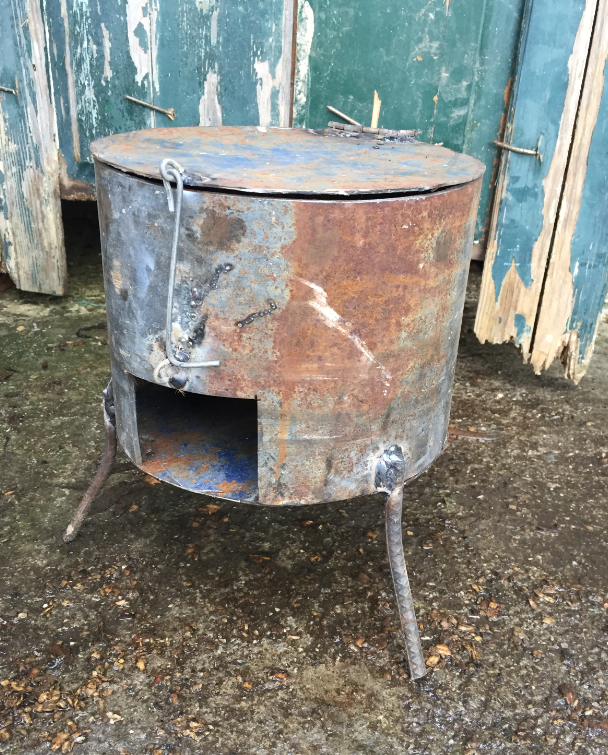
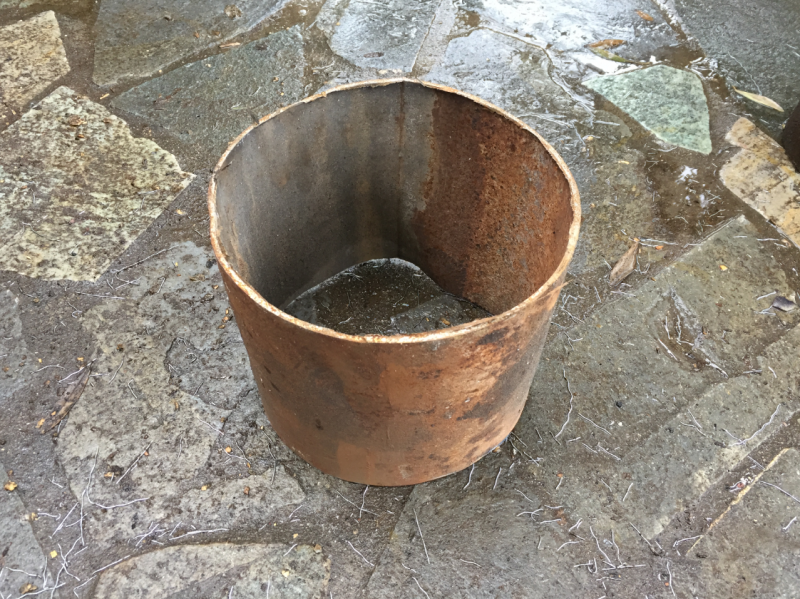
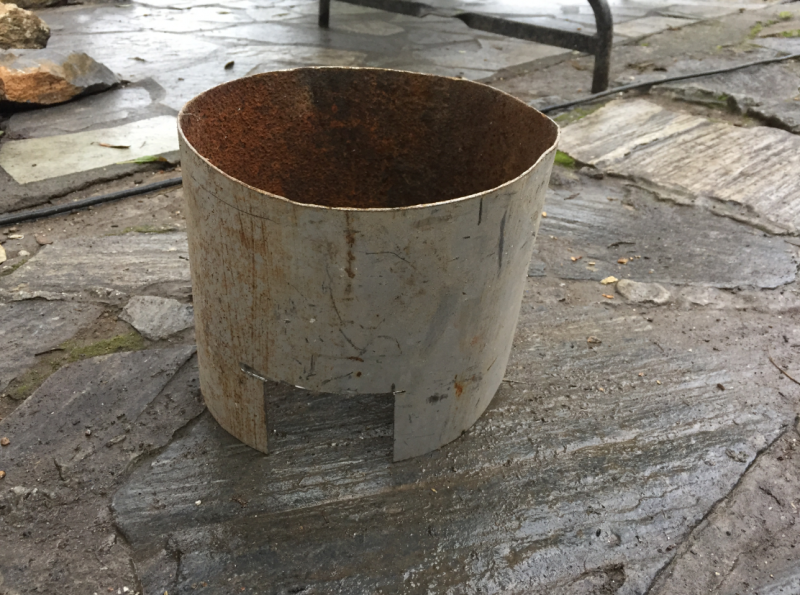
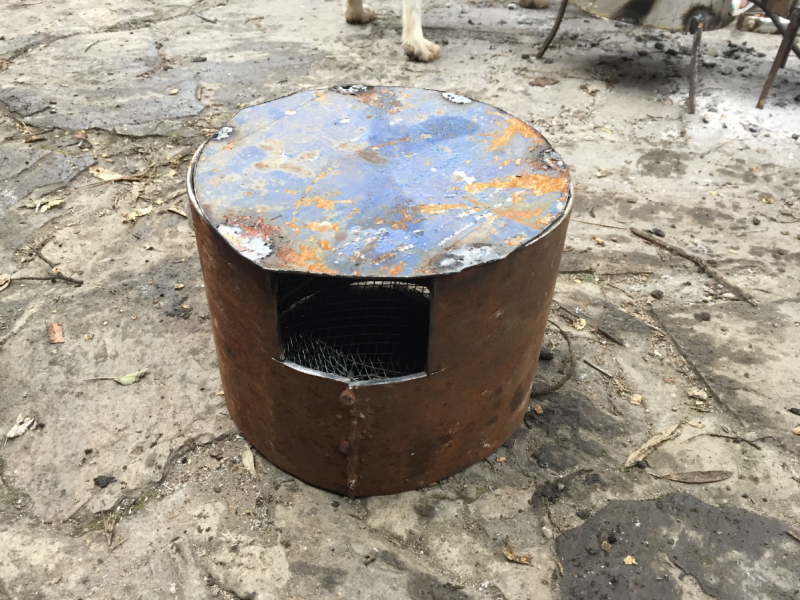
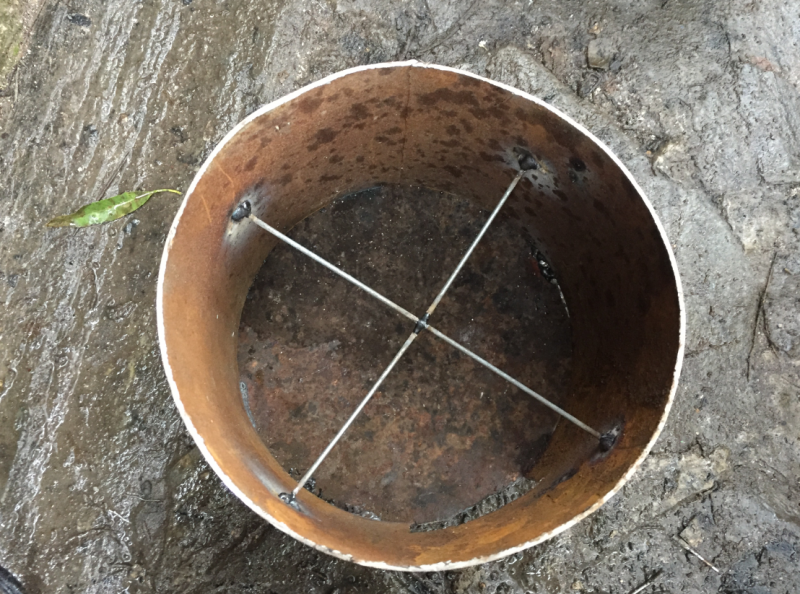
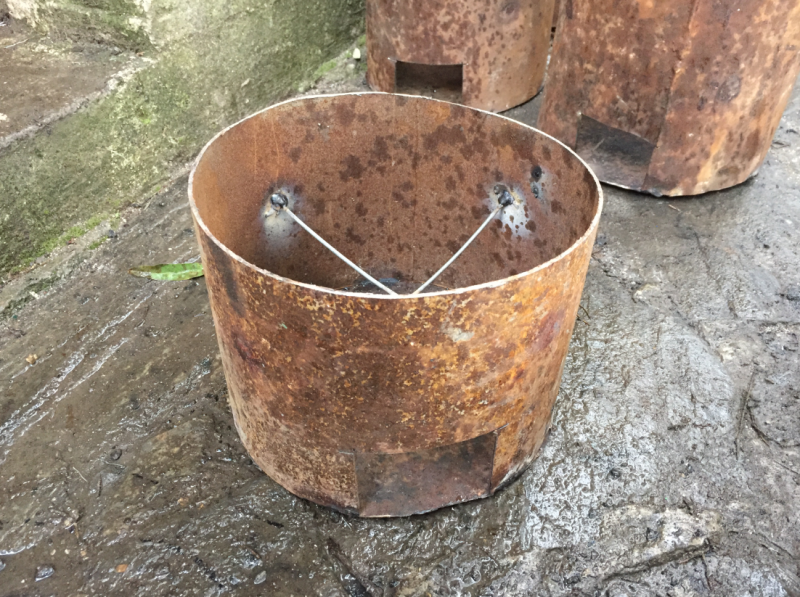
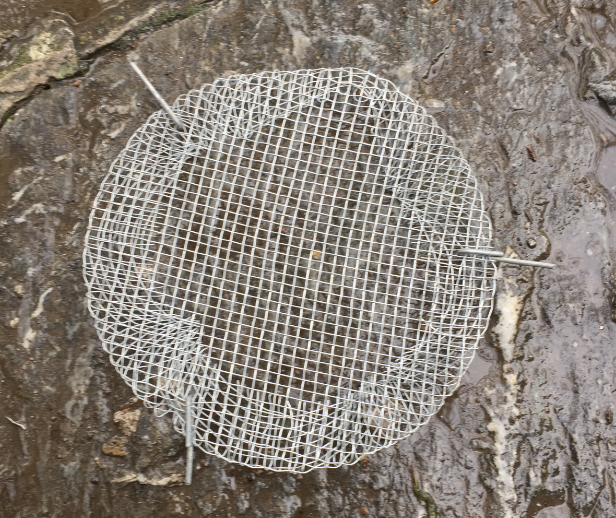
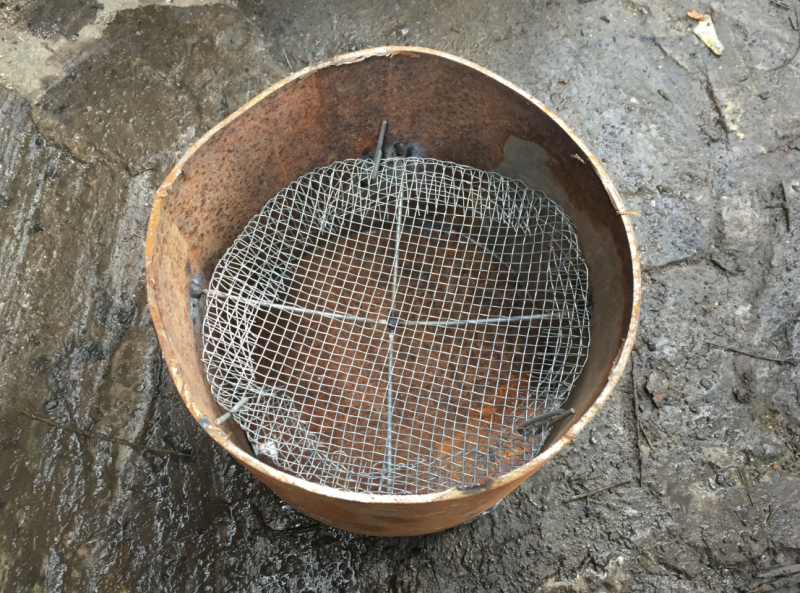
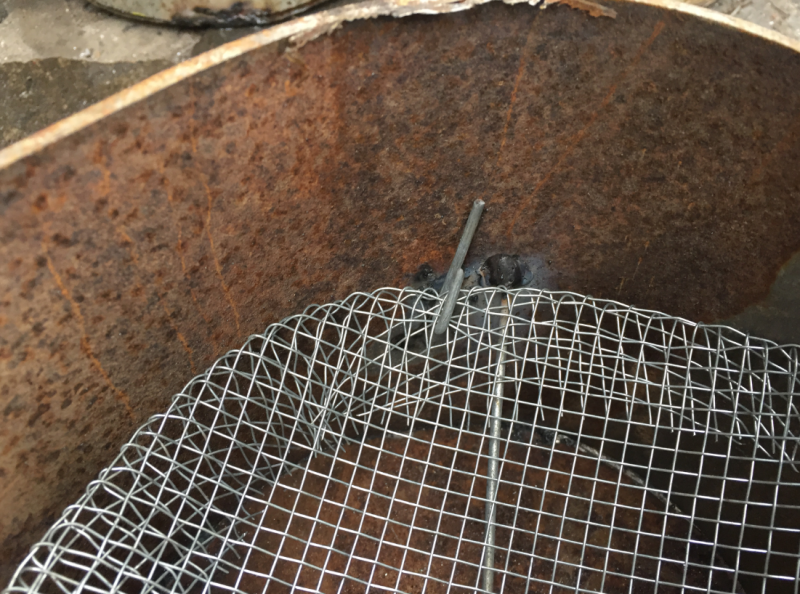
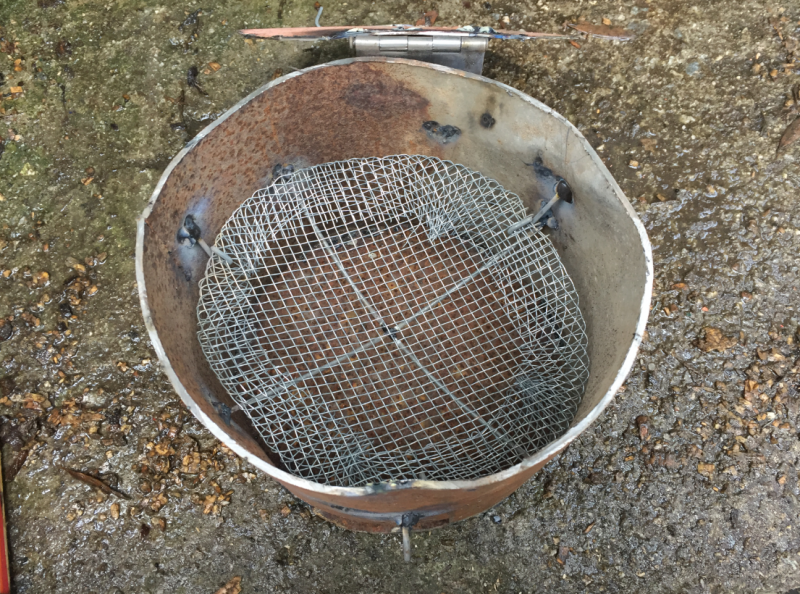
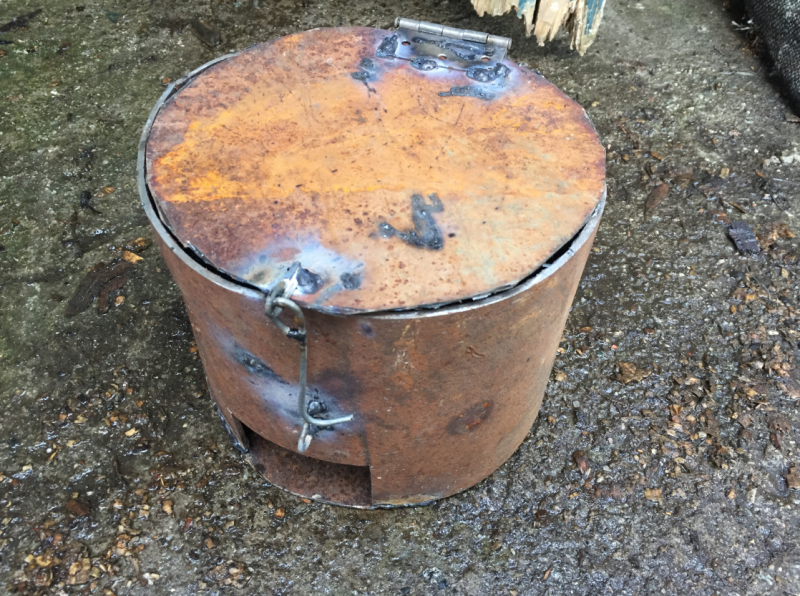
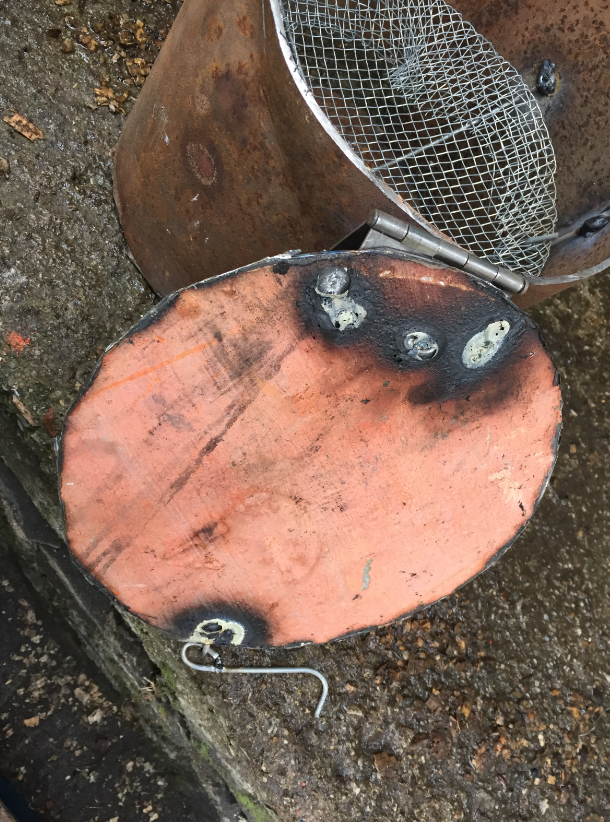
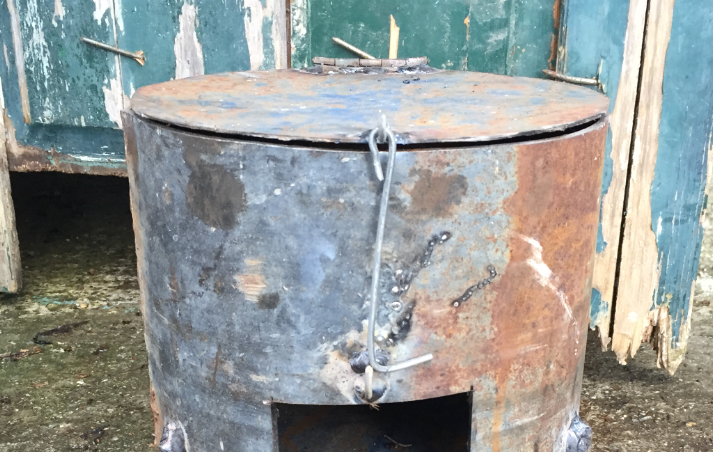
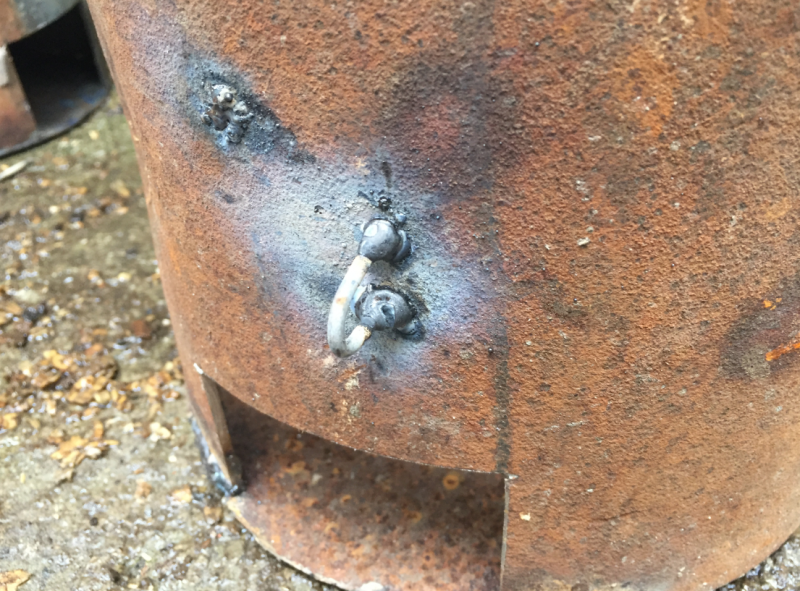
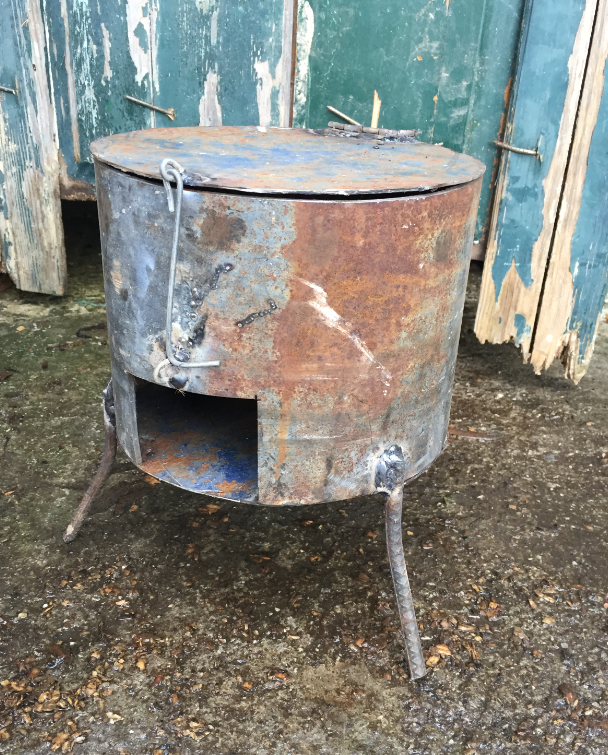
 Français
Français English
English Deutsch
Deutsch Español
Español Italiano
Italiano Português
Português